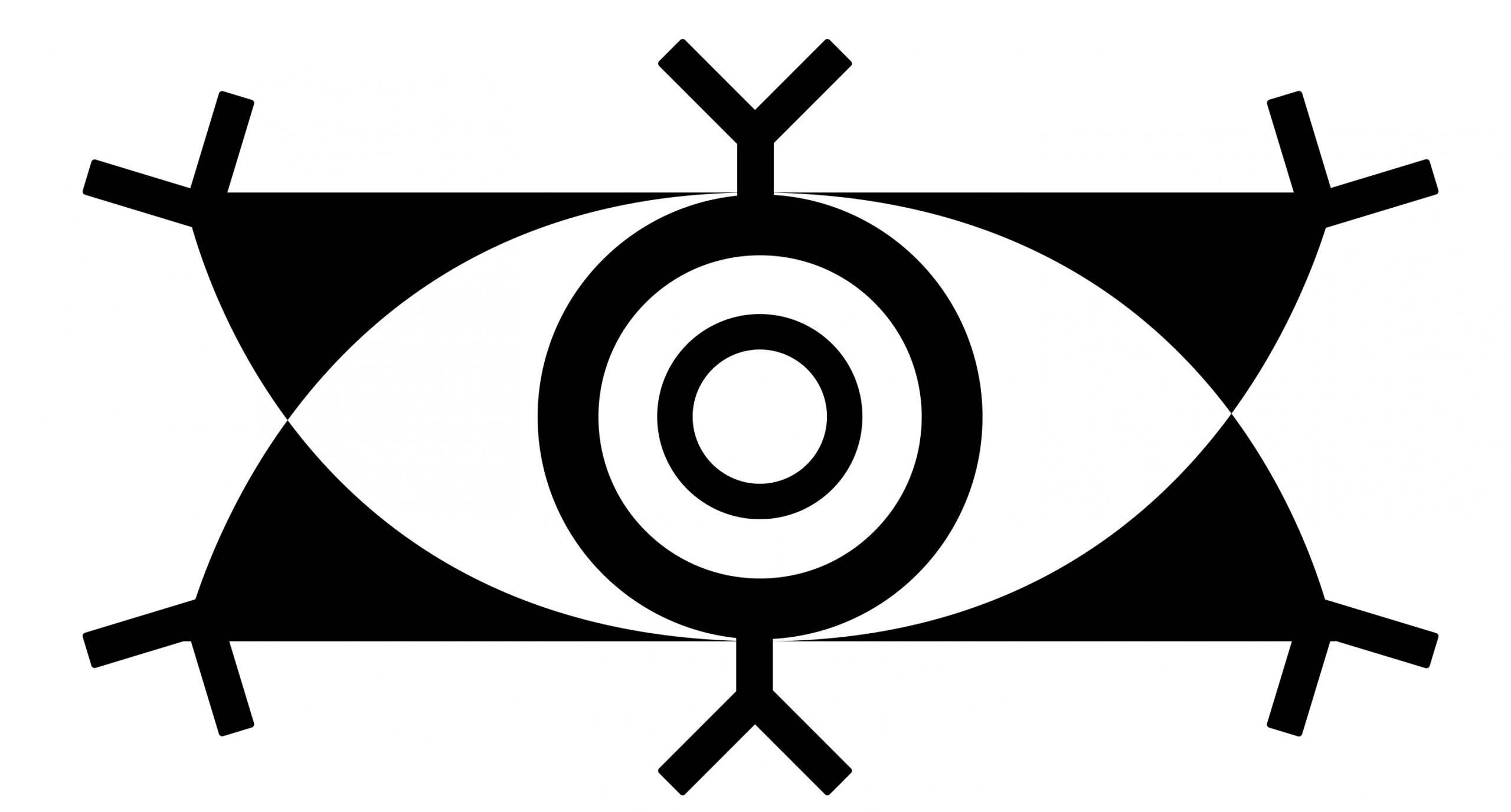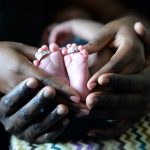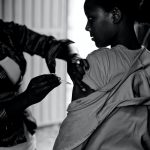A new variant of COVID19 detected in South Africa with a high number of mutations has triggered travel restrictions by many countries amid fears of transmissions and raised concerns among scientists. The National Institute of Communicable Diseases (NICD) has reported 22 positive cases of the new variant. These cases were recorded in the country by The National Institute of Communicable Diseases (NICD) following genomic sequencing.
News of the announcement was released on Thursday by Joe Phaahla, South African Health Minister. Joe said the variant was causing an “exponential” increase in reported cases, making it “a serious threat”.
What is known about the new variant?
Scientists have said, the new COVID19 variant, called B.1.1.529, has a very uncommon constellation of mutations, which are of concern because they could help it evade the body’s immune response and make it more transmissible. More than 30 mutations in the spike protein have been detected by South Africa scientists.
Spike protein is the part of the virus that helps create an entry point for the coronavirus to infect human cells. Director of the KwaZuluNatal research and innovation sequencing platform, Tulio de Oliveira, said the variant baffled experts. “It is a big jump in evolution, many more mutations than expected,” de Oliveira said.
In comparison, the Beta and Delta variants have three and two mutations, respectively. The latter is from India and caused the devastating second wave last year. “De Oliveira said “the only good news is that it can be detected by a PCR test,”. The mutations are associated with increased resistance to antibodies, which makes the virus to be more contagious.
The World Health Organization (WHO) said it is “closely monitoring” the reported variant and has designated it a variant of “interest” or “concern”.
Can COVID-19 vaccines offer protection against the brand new variation?
COVID-19 vaccines are based on the original coronavirus spike protein, raising concern that the new dramatically distinctive spike protein could render vaccines less powerful.
The head of Emerging Diseases and Zoonosis at WHO, Maria Van Kerkhove, stated on Thursday that “the concern is that when you have so many mutations, it could have an effect on how the virus behaves.”
“It will take some weeks for us to comprehend what effect this variation has on any potential vaccines,” continue Van Kerkhove.
Any new variant that is capable of evading vaccines or unfolding quicker than the now-dominant Delta variation, may pose a giant risk as the sector emerges from the pandemic.
But Professor Helen Rees, of the WHO’s African Regional Immunization Technical Advisory Group, feels there is no need to panic.
” Our big request to the world, in terms of vaccinating the African region, is please get the vaccines out into the region because as we know variants don’t stay in one country,” she added.
Detection and response.
In the Gauteng province of South Africa home to the economic hub Johannesburg and the capital Pretoria, the variant has spread rapidly.
The confirmed cases in Botswana and Hong Kong were detected amongst visitors from South Africa .An overall of approximately 50 confirmed cases detected in South Africa, Hong Kong and Botswana.
In response, all travel from the country and 5 other southern African nations, i.e Botwsana, Eswatini, Lesotho, Namibia and Zimbabwe have been restricted, beginning at midday local time on Friday.
Israel, on Thursday announced it was barring its citizens from flying to South Africa, including Lesotho, Botswana, Zimbabwe, Mozambique, Namibia and Eswatini, adding them to its highest-risk travel list.
The Israeli Health Ministry on Friday, stated a new coronavirus variant had been detected in a traveller who returned from Malawi.
EU Commission chief Ursula von der Leyen stated the EU could halt flights from the southern African region.
“The Commission will propose, in close coordination with Member States, to activate the emergency restrictions to stop air travel from the southern African region due to the variant of concern B.1.1.529,” she said in a tweet.
Have infection numbers increased?
The NICD stated that the number of detected cases and the percentage testing positive are “growing quickly” in three of the country’s provinces, which includes Gauteng.
The wide variety of each day infections in Africa’s hardest-hit country has extended 10-fold since the beginning of the month.
The NICD did not attribute the recent resurgence to the new variant, despite the fact that a few scientists suspect it could be the cause.
The country’s everyday number of infections hit 1,200 on Wednesday, up from 106 in the previous month.
Before the detection of the brand new variation, the government had anticipated a fourth wave to hit South Africa before the festive season, beginning about the middle of December.
With about 2.95 million cases, of which 89,657 had been fatal, South Africa has the largest pandemic numbers in Africa
The Beta variant of the virus first emerged in South Africa last year, despite the fact that till now its infection numbers had been driven by Delta.
Approximately forty one percentage of adults have obtained at the least one dose, while 35 percent are completely vaccinated. Those numbers are a long way above the continental average of 6.6 percent of human beings vaccinated.








